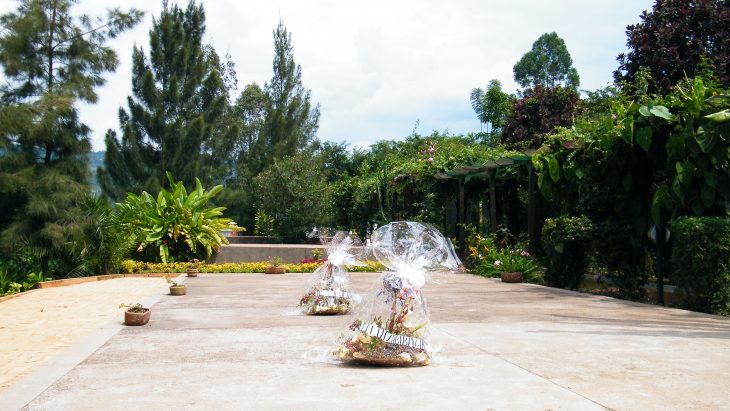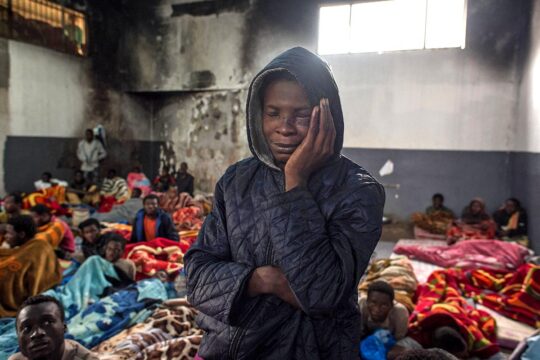Even war has rules – a complex set of judicial constraints born from the ideas of Saint Augustin and Saint Thomas on what constitutes a “just war”, and enshrined in the Geneva Conventions, of which the International Committee of the Red Cross (ICRC) is custodian.
These “rules of war” or International Humanitarian Law (IHL), whose prime aim is to protect civilians, is widely and frequently violated both by warring States and non-State combatants. Last week, for example, a camp for displaced Syrians was bombed, probably by Syria and its Russian allies, killing some 30 people, all civilians. The UN said this was likely a war crime. In video footage shot after the raids and broadcast on the Internet, a man can be heard crying: “May God damn them. Where are the NGOs?” This resonates as a desperate cry to the international community which knows not how to stop these violations of IHL, whether it be by Assad’s troops in Syria, or Daesh or in Afghanistan where American forces bombed a hospital.
The ICRC organized a conference on this issue in the run-up to the World Humanitarian Summit in Istanbul later this month. The conference concluded that IHL is under the greatest pressure of our time. It suits States to “keep the rules of war ambiguous”, said American panelist Mike Schmitt, Professor of International Law at the US Naval War College and University of Exeter. Or, as ICRC International Law and Policy Director Helen Durham told JusticeInfo in an interview, we have to ask “whether States and non-State armed groups have the political will to follow the laws of war. So I think it’s misleading to say the legal framework itself is the problem. I think our energies need to be focused on whether there’s a political will to follow it”.
Signalling that such questions about the rules are more than just theoretical is the idea of privatizing war crimes probes, notably in Syria, given the failure of the International Criminal Court (ICC) to conduct its investigations effectively. “Defying the belief that you cannot conduct solid investigations in a war situation, Canadian former military prosecutor and former ICC investigator Bill Wiley set up a team of investigators in summer 2012 to gather evidence of crimes committed in Syria,” writes Stéphanie Maupas, JusticeInfo’s correspondent in The Hague. “In just a few months, the Commission for International Justice and Accountability (CIJA) trained Syrians in judicial investigation techniques and gathered hundreds of thousands of pieces of evidence in Syria. These include not only witness testimonies but also documents, filed securely and digitalized, that make it possible to follow the chain of command to the top – something on which the ICC has so far been weak.”
Private investigations like this are not without risk of political manipulation and dubious funding, but this one has produced results.
JusticeInfo also carried another interesting perspective on transitional justice this week: “What 50 War Criminals Have to Say about International Justice”. This may seem an inappropriate issue, but researcher Damien Scalia’s meetings with some 50 convicts of the International Criminal Tribunal for Rwanda (ICTR) and International Criminal Tribunal for former Yugoslavia (ICTY) has produced an enlightening study. “They all think that international justice is illegitimate, made up of people who understand nothing about their culture or the realities of their war,” he concludes.
Damien Scalia recognizes that this attitude may stem from a form of denial. “It is symbolically hard to be labelled a genocide perpetrator or war criminal, and a psychological resistance mechanism develops,” he says.
Although indirect and twisted, this nevertheless goes to show that transitional justice can work.







